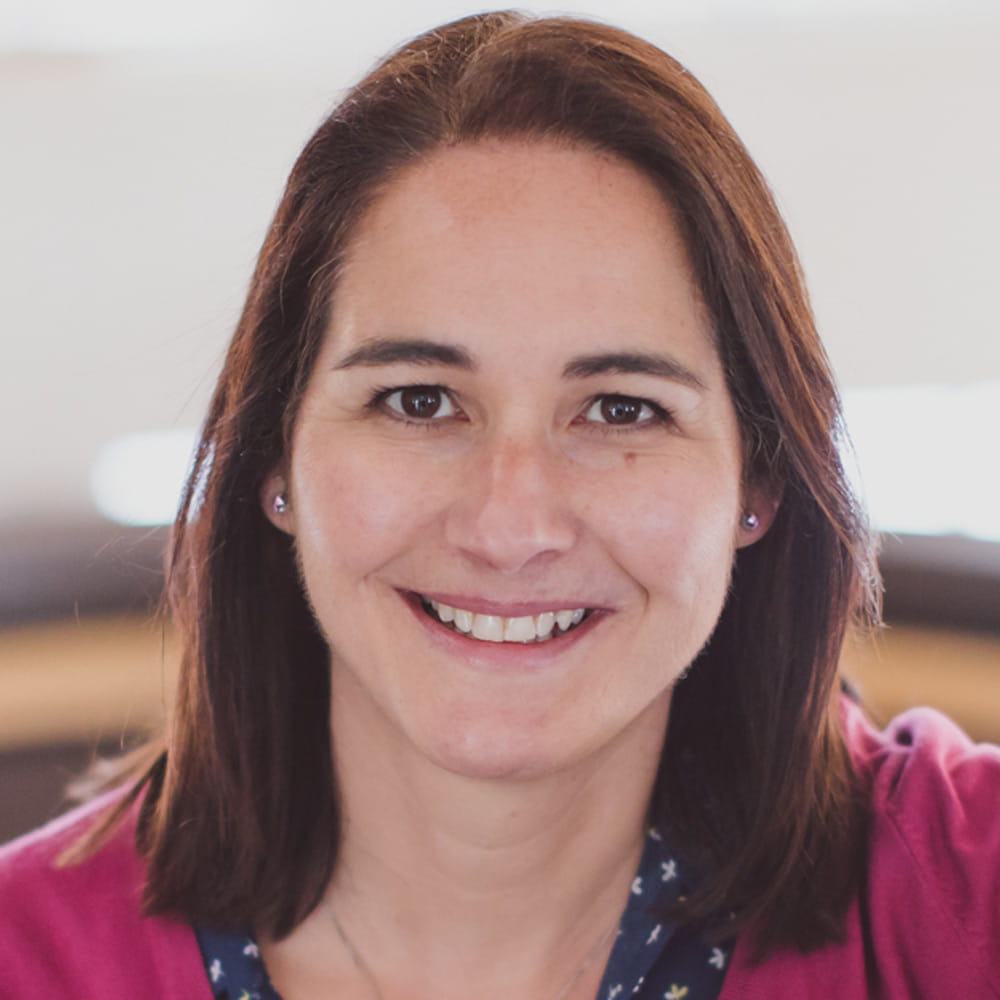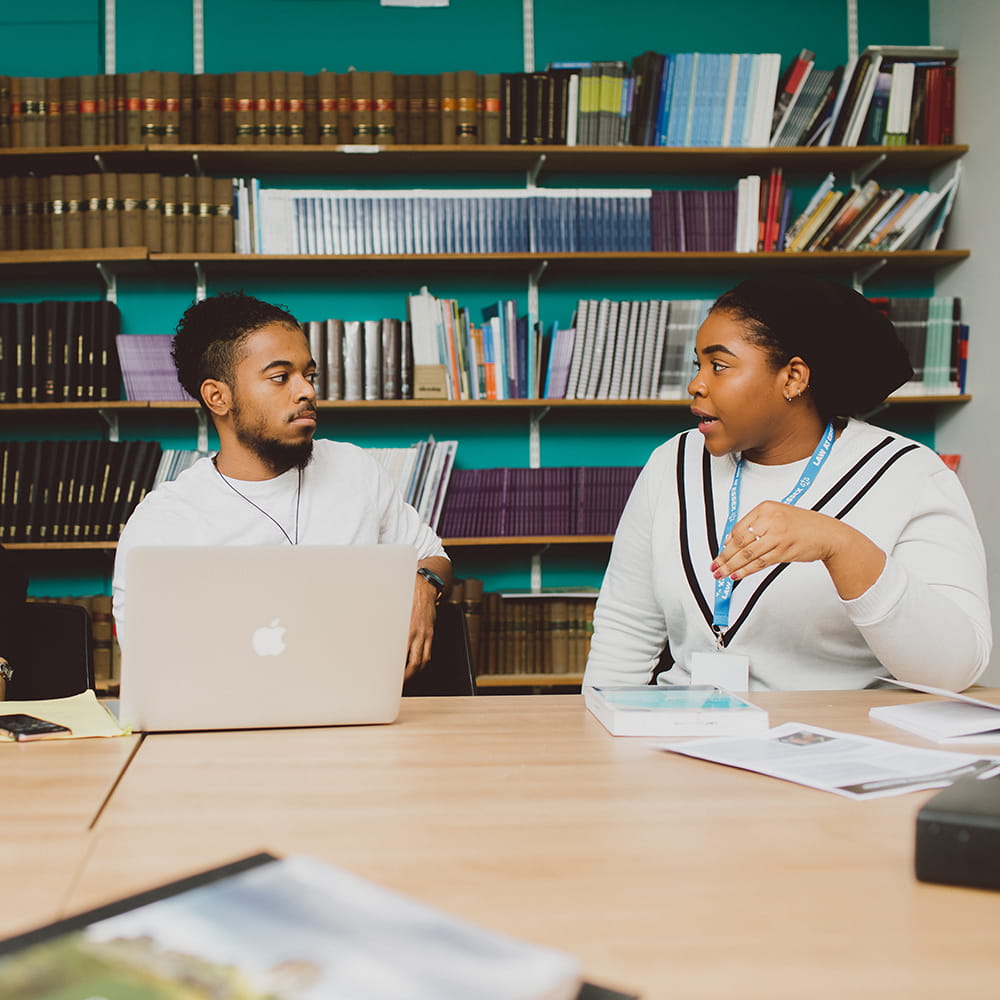Tackling Racism at Essex - the journey so far

Six months ago, the murder of George Floyd brought the Black Lives Matter movement sharply back into focus and our community felt compelled to take a stance and to acknowledge and tackle the racism that exists within our own University.
Since then, I have been convening regular meetings of the Tackling Racism Working Group and, as I reflect on our journey so far, I am struck both by how much we have achieved in a relatively short period of time, and by how much I have learnt personally through my involvement.
Working with, and getting to know, my colleagues on the group who are all so committed to seeing the University take the action it needs to take, has been inspirational. In particular, our Black staff and student members have been open and honest in sharing their experiences and contributing ideas for what we can, and should do, to find solutions to the issues that they and others face. I have been struck too by the positive way in which our University community has responded when asked to help the group develop and implement actions. I know that the group has particularly welcomed the constant support and encouragement of USG, Senate and Council. We saw how passionately our students, staff and alumni felt about the need to take action through the listening exercise in June, and this was reinforced for me when I saw the number and range of well-attended events that took place both at the University and in our local communities to mark Black History Month. The engagement and passion of our people have shown how much even a large and complex organisation like the University can do where there is a shared will and when we can harness our collective energy and enthusiasm.
As a result of the listening exercise, we have been developing an Anti-Racism Action Plan setting out the actions that we are taking immediately, in the short, medium and long term. I won’t go into detail here of what is included as the Vice-Chancellor provided an update on this on 12 November but the plan really shows both how much needs to be done and our commitment to making that change happen.
Something else that I think bodes well for us if we are to stand a chance of improving the lived experience of our students and staff is that we have opened up a conversation with local Colchester partners including the Council, the Police, the health service, and key voluntary organisations like Community 360. All have expressed a willingness to work with us and, as a result, I will be leading a task and finish group to bring us together to tackle the issues that our communities have told us they are experiencing.
On a personal note, I have been fortunate over these last six months to experience the wonderful camaraderie and spirit of mutual respect and understanding that I’ve felt as a member of the Tackling Racism Working Group. Even when we’ve been challenged (or challenged ourselves) and had the difficult conversations that needed to happen, this has been done constructively and in the spirit of partnership. But perhaps most surprising for me have been the conversations around inequalities that I’ve had with family and friends through which we’ve acknowledged and challenged our unconscious preconceptions.
Looking forward, we are well advanced in our plans to create a new dedicated inclusion team located within our People and Culture Section. Two members of the team have already been appointed but we have two more posts yet to fill. This team will be crucial to ensuring that, when the Tackling Racism Working Group completes its work before Christmas, it can hand over to the new team who will maintain the momentum and ensure that this remains an important institutional priority.
Finally, I wanted to share something that came up in a recent conversation that really resonated with me. It is the concept of compassionate accountability – a commitment to holding people to account kindly. Feeling able to question, in a way that does not feel critical, something that you hear that you feel is not right. I have since seen this being used and, whilst not an easy thing to do, it strikes me as the only way to make change happen. By being honest with each other and brave enough to question attitudes and behaviours in a supportive way, we might hope to see a gradual but cumulative effect and lasting impact. So, while I make an effort to try to do this in my day-to-day life, I am using this opportunity to ask others to consider doing the same in the hope that we can all play a small part in developing ourselves, those we encounter in our work and home environments and ultimately the society that we all live in.

